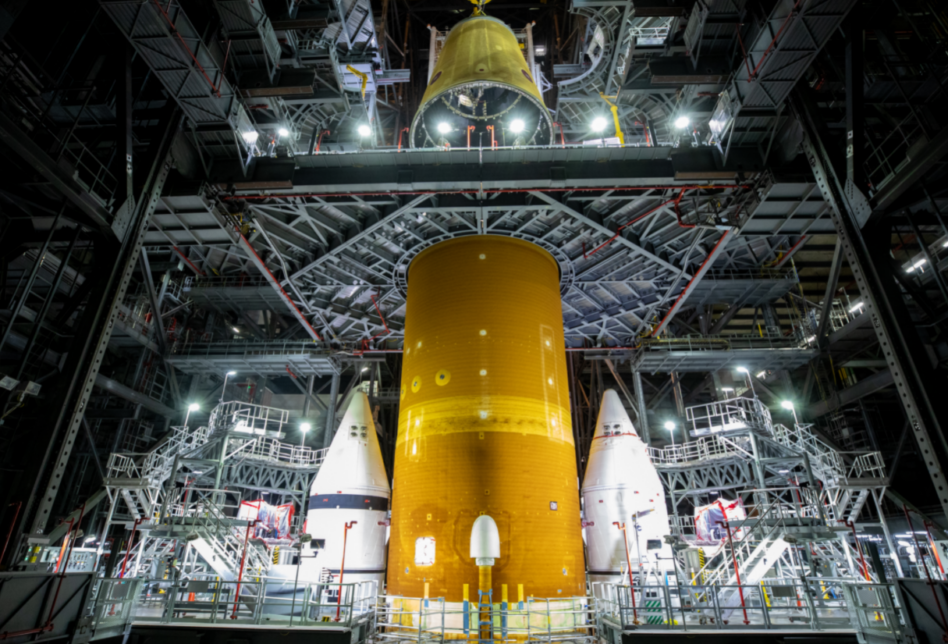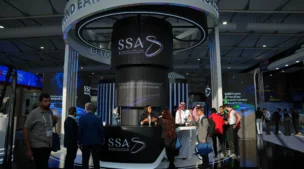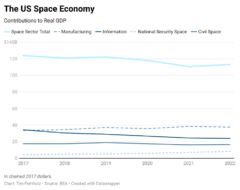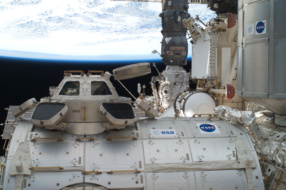ICYMI: The Artemis program faces delays and cost overruns. Yesterday, NASA pushed back American astronauts’ moon return trip to 2025 and revised Orion cost projections upwards by $2.6B ($6.7B → $9.3B across 12 years).
Administrator Bill Nelson pinned development hiccups on “nearly seven months of litigation” (read: Blue Origin’s lawsuit). Agency leaders also pointed to Covid, associated supply chain and workforce struggles, and storm damage.
- On a brighter note, the agency said it was “very happy” to be working again with SpaceX—and lauded the continued Spaceship work in Boca Chica.
- “We are facing a very aggressive and good Chinese space program,” Nelson cautioned. He said NASA will be as “aggressive as we can be, in a safe and technically feasible way, to beat our competitors with boots on the moon.”
Updated timelines:
- Artemis I—SLS/Orion will launch an uncrewed mission in Feb.
- Artemis II—The crewed lunar flyby mission will be pushed from April 2023 to May 2024.
- Artemis III—Pushed from 2024 to no earlier than 2025.
- Gateway—The orbiting lunar outpost, planned for later this decade, is on schedule.
- Spacesuits—One or more contract awards are coming next year. Expect 2024 demos for the space fits, which will be worn on the ISS and the moon’s surface.
All eyes on: SLS. Is the super-heavy (but super expensive) rocket still fit for the job? NASA leadership found itself facing the question from multiple reporters yesterday.
+ “A big boy.” That was Nelson’s nickname for an asteroid that NASA will soon target in a planetary defense test mission. “You wouldn’t want it to hit Earth,” he observed. At least everyone can agree on that…




